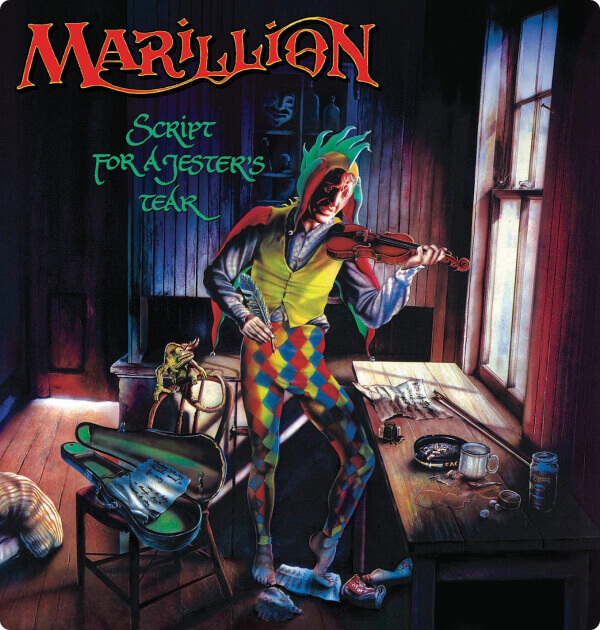Jesters In Music
From their own musical and singing abilities to their influence on modern music, the jester was a lyrical figure throughout history.
Did Jesters Sing?
Yes, the jester was adept in many skills including singing as well as playing many woodwind and string instruments. As many court jesters were responsible for entertaining nobles, they would often rely on their singing abilities to captivate and engage their listeners, adding a musical element to their comedic and storytelling acts. Their songs could be humorous, satirical, or even sentimental, depending on the occasion and the mood they aimed to create. Singing was an integral part of a jester’s repertoire and played a significant role in their overall entertainment value.
What is a bard?
A bard is a storyteller, poet, or music composer. There are examples of bards across the ancient world, including in Greece where they were versed in Greek myths, heroes, and battles.
In Scottish-Gaelic times bards were storytellers who practised songs, recited epic poems, and oral histories. Many bards in the ancient Celtic order preserved stories and ancestral history and passed them down through generations. They would often accompany their recitations with musical instruments like harps or lyres, adding melody and rhythm to their performances.
Much like the court jester, bards held a privileged position in society, acting as advisors to kings, entertainers at feasts and gatherings, and even as mediators in disputes. They were highly educated and trained in the art of poetry and composition. Through their words and music, bards conveyed moral lessons, celebrated heroic deeds, and shared the wisdom of their ancestors.
In Celtic mythology and folklore, bards were often associated with magical and mystical abilities. Their epic or heroic poems were believed to have the power to influence emotions, heal, and connect with the spiritual realm. Bards played a vital role in Celtic society, preserving and transmitting the cultural identity and values of their people through their artistic expressions.
There are many well-known names of bards throughout history. William Shakespeare is often referred to as “The Bard” or “The Bard of Avon.” The title “bard” is used to honor and recognise Shakespeare’s extraordinary talent as a poet, playwright, and actor. He is considered one of the greatest bards in English literature and has had a profound influence on the field.
What is a minstrel?
A minstrel is a performer, usually in medieval times, who entertains audiences with music, songs, and storytelling. They would travel from place to place, using instruments like lutes and tambourines to create lively and engaging performances. The minstrels were often skilled at improvisation and would captivate their listeners with their talents.
One famous minstrel from history is Blondel de Nesle. Blondel was a French troubadour and minstrel who lived during the 12th century. He was known for his musical talents and his association with Richard the Lionheart, the King of England. According to legend, when Richard was captured and held prisoner during the Third Crusade, Blondel traveled from castle to castle, singing a specific song that only he and Richard knew. Through this song, Blondel hoped to find his imprisoned friend. Eventually, he succeeded, as Richard recognised the melody and responded, leading to his eventual release. Blondel’s loyalty and devotion to his friend became a popular tale, highlighting the bond between a minstrel and a noble figure.
Learn more about the famous colourful characters throughout history.

Script for a Jester’s Tear Cover | Mark Wilkinson
Jesters have had a considerable influence on modern music. They were known for their humorous and witty performances, which often included music and comedic elements. This playful and entertaining style has been carried forward by musicians, especially in genres like comedy and novelty songs. Many artists incorporate jesters’ spirit of fun, wordplay, and lightheartedness into their music, creating catchy tunes and amusing lyrics that continue to entertain audiences today. So, jesters have left their mark on modern music, adding a touch of laughter and merriment to the musical landscape.
Some modern songs who find their origin from the clever tricksters:
These songs draw inspiration from the whimsical and entertaining nature of jesters, incorporating elements of their character, humour, or storytelling into the lyrics or overall theme of the songs.


